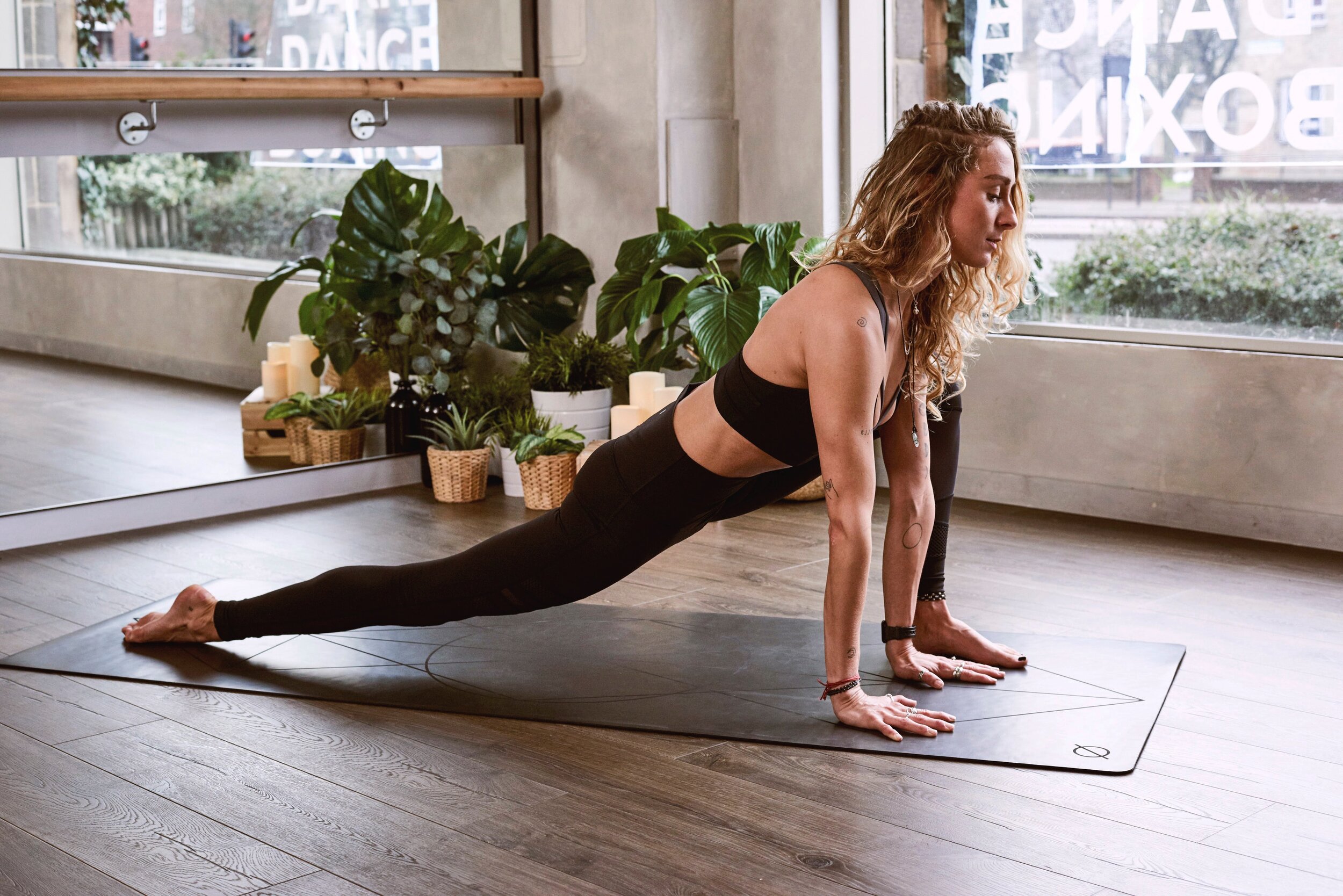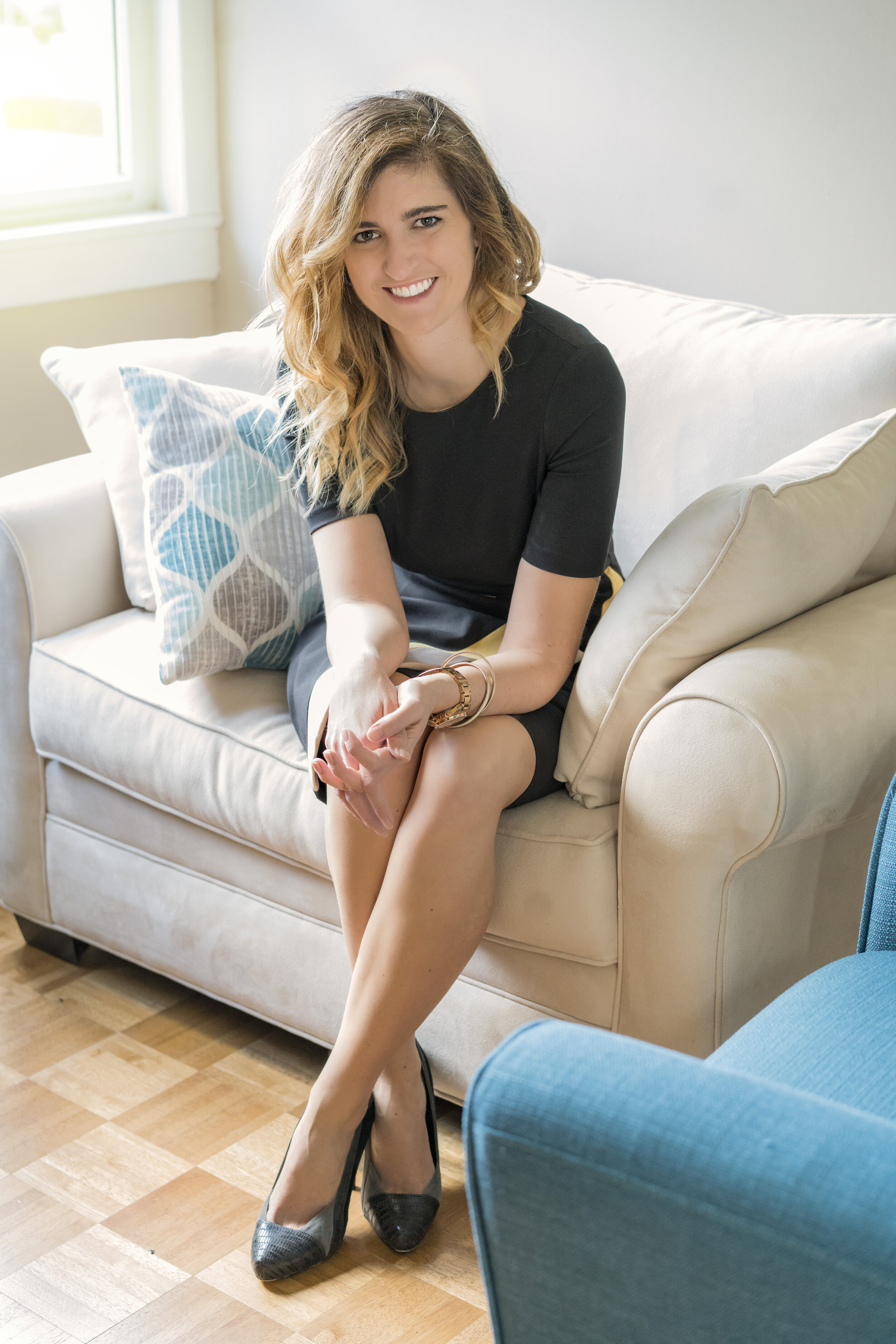If you are someone who struggles with anxiety it may be hard at times to see the upside of your anxiety. Or you may clearly see the ways it helps you and that makes it harder for you to want to let it go.
Anxiety is not always bad and often it helps us! If we did not have anxiety we would not look both ways before crossing a street or prepare for that big presentation at work. Anxiety helps us to be safe and to try to set us up for success.
When we feel anxious about our future it encourages us to save for retirement. When we feel anxious about our future health it can prompt us to take better care of ourselves through exercise and nutrition. When we feel anxious about a relationship not surviving it can encourage us to take time to invest in that relationship to make it stronger.
Where anxiety starts to become a problem is when it starts to get in our way. Sure, anxiety is the thing that motivates us to prepare for the big presentation, but it can also be the thing that freezes us in fear from ever preparing at all because the idea of the presentation just seems too overwhelming.
There seems to be a “right size” for fear and anxiety. One where it is big enough to help us take action and motivate us but not so large that it starts to overwhelm us and paralyze us.
The good news is often when it comes to anxiety we can take steps to right size it. That presentation at work feels overwhelming? What would be the very first baby step to preparing? Is it picking a topic and creating an outline? Does that feel doable? Yes? Great! If not, we can break it down further. Brainstorm topics but don’t pick one yet.
This may sound silly or obvious but just think about all the times we don’t do this. All the times that we let fear get in the way of what we want or need to do. Sure, this may take some extra effort or intentionality but it moves you toward your goals, then it may very well be worth it.
Anxiety is not always bad. But having the anxiety be too large can absolutely get in our way. What are you feeling anxious about? What steps can you take to right size the anxiety?
Anxiety Therapist in Charlotte, NC
Theresa Leskowat MS LCMHC is a therapist in the Dilworth / Southend area of Charlotte, NC. Theresa specializes in helping clients decrease anxiety, manage perfectionism and lower stress.
























































